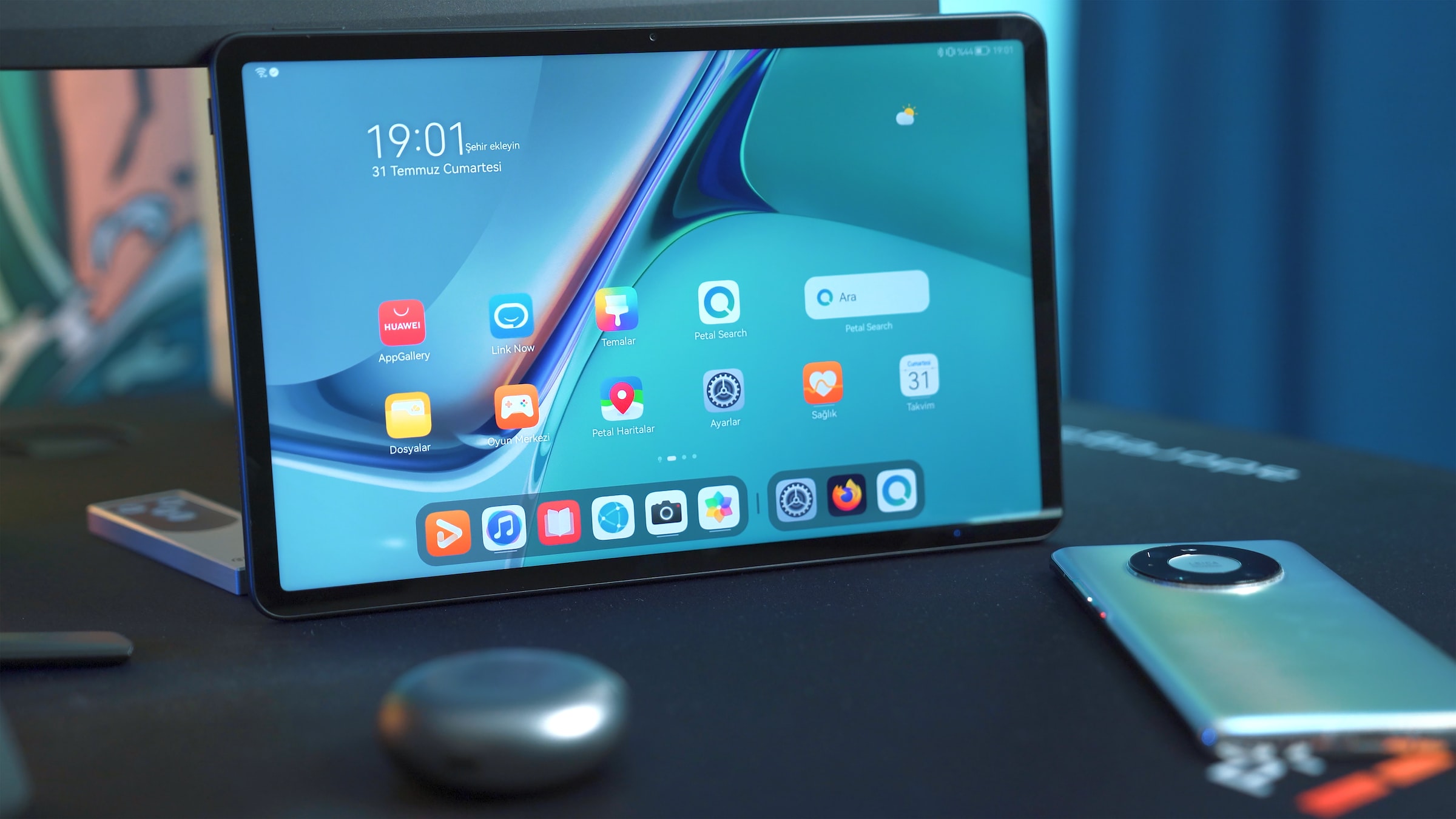Handheld devices, such as smartphones and tablets have come to play a large role in all of our daily lives. From the early portable calculators, Walkman’s and radios to the modern smartphones and tablets, handheld devices have come a long way. In this blog post we will explore the history, impact, and future of handheld devices.
A little history about handheld devices:
The first handheld device was the HP-35, a portable scientific calculator introduced in 1972. The first mobile phone, the Motorola DynaTAC 8000X, was introduced in 1983. The iPhone, launched in 2007, combined a touchscreen interface, a powerful processor, and a wide range of features revolutionizing how we use phones. Today, the global smartphone market is expected to reach 4.4 billion units in 2022. Android and iOS are the dominant operating systems, with a 78% and 22% market share, respectively.
The impact handheld devices have had:
Handheld devices have challenged and disrupted the traditional computing market, particularly personal computers (PCs). Handheld devices have replaced or supplemented computers in a variety of tasks such as browsing the web, checking emails, playing games, taking notes, watching movies, and communicating. A survey by Pew Research Center found that 95% of Americans own a smartphone and 47% own a tablet. These devices have become the primary means of accessing the Internet and digital media. The decline of computers can be attributed to the increasing power and capabilities of handheld devices, their convenience and portability, increasing battery technology and the shift towards cloud computing and online services.
What the future may hold:
The deployment of 5G networks, the advancement of artificial intelligence, the growth of virtual and augmented reality, and the expansion of the Internet of Things will shape the future of handheld devices. These trends will likely impact the computing industry and society. It is difficult to predict exactly how handheld devices will evolve, but they will continue to play a central role in our personal and professional lives.
